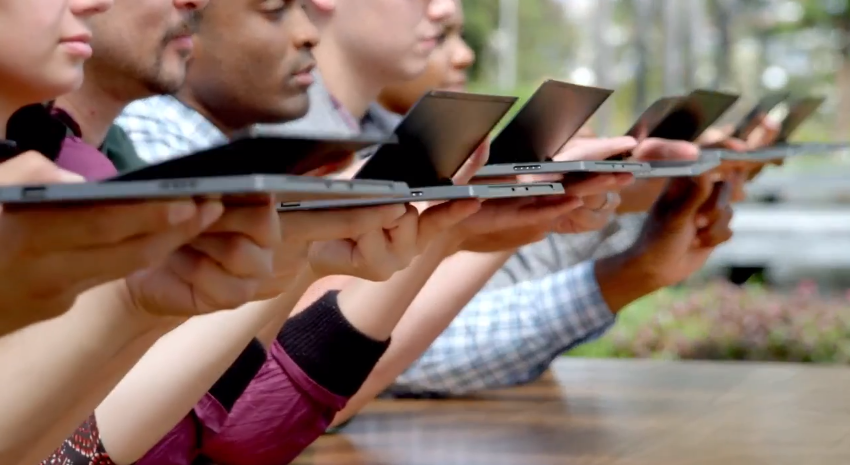
Desktop on Windows RT makes sense
Friday, October 26, Microsoft released its highly anticipated Surface RT tablets to the masses. I was able to snag one of these devices and spent most of my weekend in the web browser reading reviews that questioned Microsoft’s so-called "curious inclusion" of the desktop. Perhaps I’m missing something but I don’t understand why there is so much angst about the desktop in RT. Some people don’t understand why the desktop is there but I think it makes complete sense.
To be fair, I really do understand that to other reviewers of RT the desktop is only limited to MS Office applications and few other MS included apps like Notepad. Additionally, RT does not allow x86 apps to run or even be installed. That being said, I get the feeling this limitation due to the platform running on the ARM architecture is temporary.
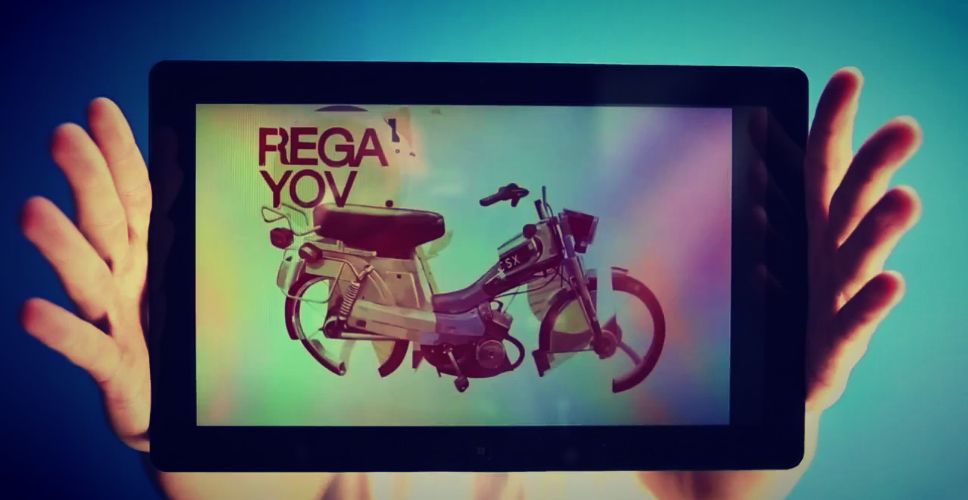
Windows 8 review
Without a shadow of a doubt Windows 8 is a game changer for Microsoft. It's the operating system designed to take the company into a new computing era where the personal computer is no longer the star of the show, but still plays an important role. Can the latest version of the popular operating system manage to shine against its predecessors on their home turf? And for that matter, should you upgrade?
Windows 8 is a mixed bag before its launch and generating quite strong impressions along the way since Microsoft released the final build to manufacturing. The main criticism: the new user interface formerly known as Metro and the steeper learning curve compared to Windows 8's predecessors; it's not as intuitive as well. That's what the critics say, but what's it like to actually live with Windows 8 for more than a brief period of time?

Eight out of 10 won't buy iPad mini
Early results from BetaNews poll "Will you buy iPad mini?" are in, and they are grim. Nearly 80 percent of respondents say they won't by purchase the device. But it's the hidden story behind the numbers that reveals more. In February, I asked" "Would you buy 8-inch iPad?" More than 50 percent responded "Yes". Nine months later, the size is ever-so-slightly less (7.9 inches) but the price is considerably more ($329 to $659) than what many people expected. What a difference that bit of information makes.
Apple started taking pre-orders today, and iPad mini goes on sale November 2. If white is your color of choice, they're already back-ordered, with shipping stated as "2 weeks". But black is available in all three capacities -- 16GB, 32GB and 64GB. That's for the WiFi models. Apple plans to offer cellular radio minis in mid-November. The sell-out is no sign of demand, since Apple might simply have produced more of one color than the other. That the tablet didn't immediately sell out says much about interest that quite possibly -- I'll say likely -- resonates with our poll.
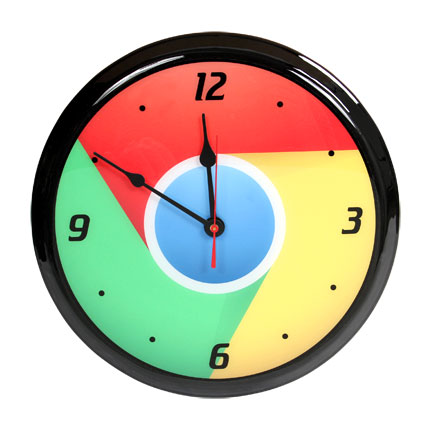
Get your Google back in Windows 8
If you’re the proud possessor of a copy of Windows 8, or you rushed out today to buy a brand new touchscreen device with it pre-installed, the first thing you’re going to need to do is configure it to suit your needs, and install all of your favorite software.
You’ll probably want to make installing a better browser a priority (no offense Microsoft) and Google has designed a version of Chrome especially for the new OS, with some customizations for touch screens, including larger buttons and the ability to keep the browser open next to other apps.
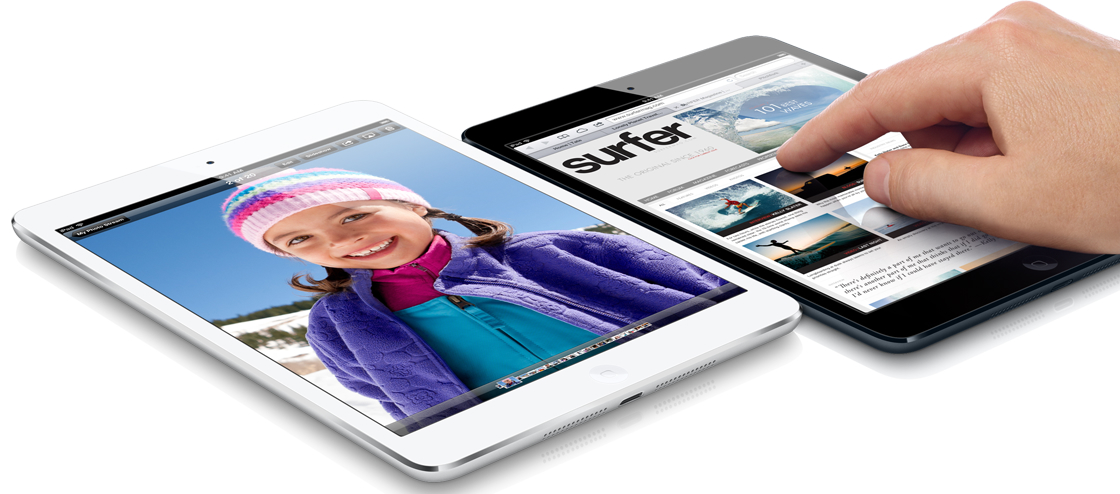
So this is WHY Apple risks so much on iPad mini
Apple has a big problem. Android tablets are making huge market share gains against iPad, in part driven by attractive and affordable smaller models like Amazon's Kindle Fire and Google Nexus 7. The Cupertino, Calif.-based company won't admit the reason, but other things said, or even unsaid, during yesterday's earnings conference call reveal much.
Then there is the sudden slowdown in iPad sales taken against new analyst data showing Android device increases. iPad mini is a desperate attempt to stop Apple's bleeding market share, and the cost will hit company margins.

Microsoft, stand up to Apple!
For a moment there I got really excited -- that Microsoft had pulled a brilliant marketing maneuver -- only to be disappointed. Within the hour I received email from the company's PR agency with subject line: "Microsoft announces Windows 8 global availability". Holy cow pies! A day early! Stop the presses. Sure enough the official press release proclaims: "Windows 8 arrives". Except it hasn't. You still have to wait until Midnight tonight. Bummer.
I knew there was trouble when rushing to Microsoft Store online that Surface RT tablets and Windows 8 are still pre-order. When going back to actually read the fine print, sure enough the press release qualifies "beginning Friday". Excuse me for nit-picking semantics, but doesn't "arrives" mean now? (Granted, it's Friday somewhere in the world and has been for more than six hours. But the announcement and New York prelaunch don't coincide with anything like Midnight anywhere in the world.)
H-1B visa abuse limits wages and steals US jobs
The H-1B visa program was created in 1990 to allow companies to bring skilled technical workers into the USA. It’s a non-immigrant visa and so has nothing at all to do with staying in the country, becoming a citizen, or starting a business. Big tech employers are constantly lobbying for increases in H-1B quotas citing their inability to find qualified US job applicants. Microsoft cofounder Bill Gates and other leaders from the IT industry have testified about this before Congress. Both major political parties embrace the H-1B program with varying levels of enthusiasm.
But Bill Gates is wrong. What he said to Congress may have been right for Microsoft but was wrong for America and can only lead to lower wages, lower employment, and a lower standard of living. This is a bigger deal than people understand: it’s the rebirth of industrial labor relations circa 1920. Our ignorance about the H-1B visa program is being used to unfairly limit wages and steal -- yes, steal -- jobs from US citizens.
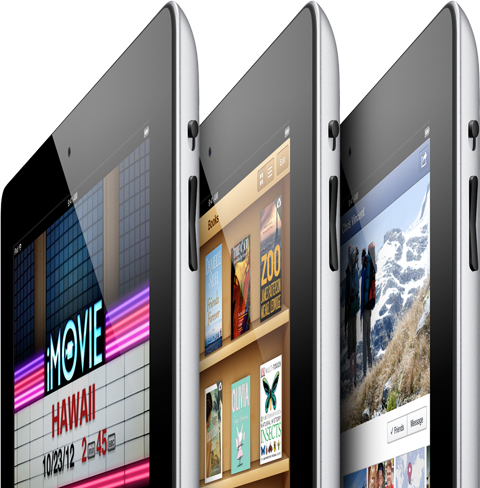
Apple’s new products are all about the competition
To answer my colleague Joe Wilcox’s question, I won’t be buying an iPad mini. I will however, be shelling out on a 4th gen iPad. I already own an iPad 2, and was thinking of upgrading to the 3rd gen version, but I knew an update was likely. Even though Apple only rolled out the most recent iPad in March, there were a few clues that suggested a sooner-than-usual upgrade was on the cards.
Firstly, the Lighting port. On the accessories front alone it’s important for Apple to transition its devices to the new connector as quickly as possible, which means putting it in all of its relevant hardware. Secondly, the 3rd gen iPad gets incredibly hot when doing graphically intensive tasks. The new A6X chip will, I suspect, greatly reduce that problem. Making the iPad faster (while keeping the price the same) will also help position it a little further away from the new mini. However, the main reason for the upgrade is much more straightforward: it kicks the hell out of the competition.
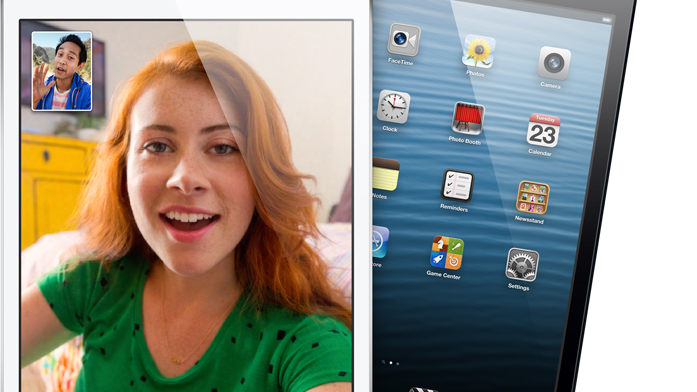
Will you buy iPad mini?
For those of you skydiving from the edge of space or returning from a week in some Fringe alternate universe, today Apple announced iPad mini -- so far the autumn's worst kept secret. Rumormongers got right the event and sales dates, product name and screen size but flubbed the price; sorry it's not $249 or $299, Bub. That's in another alternate reality. But do dream.
I just have to ask, again: Will you buy iPad mini? I look forward to the impact facts will have on your answers. In February I asked: "Apple is rumored to be developing a smaller tablet. Would you buy an 8-inch iPad?" About 56 percent of the 3,624 respondents answered "Yes". That's a high number. But much has changed since, with Google Nexus 7 joining Kindle Fire at $199, Amazon offering 8.9-inch tablets and Apple choosing to price higher than many people hoped. So I ask the question again, offering new poll and your chance to comment.
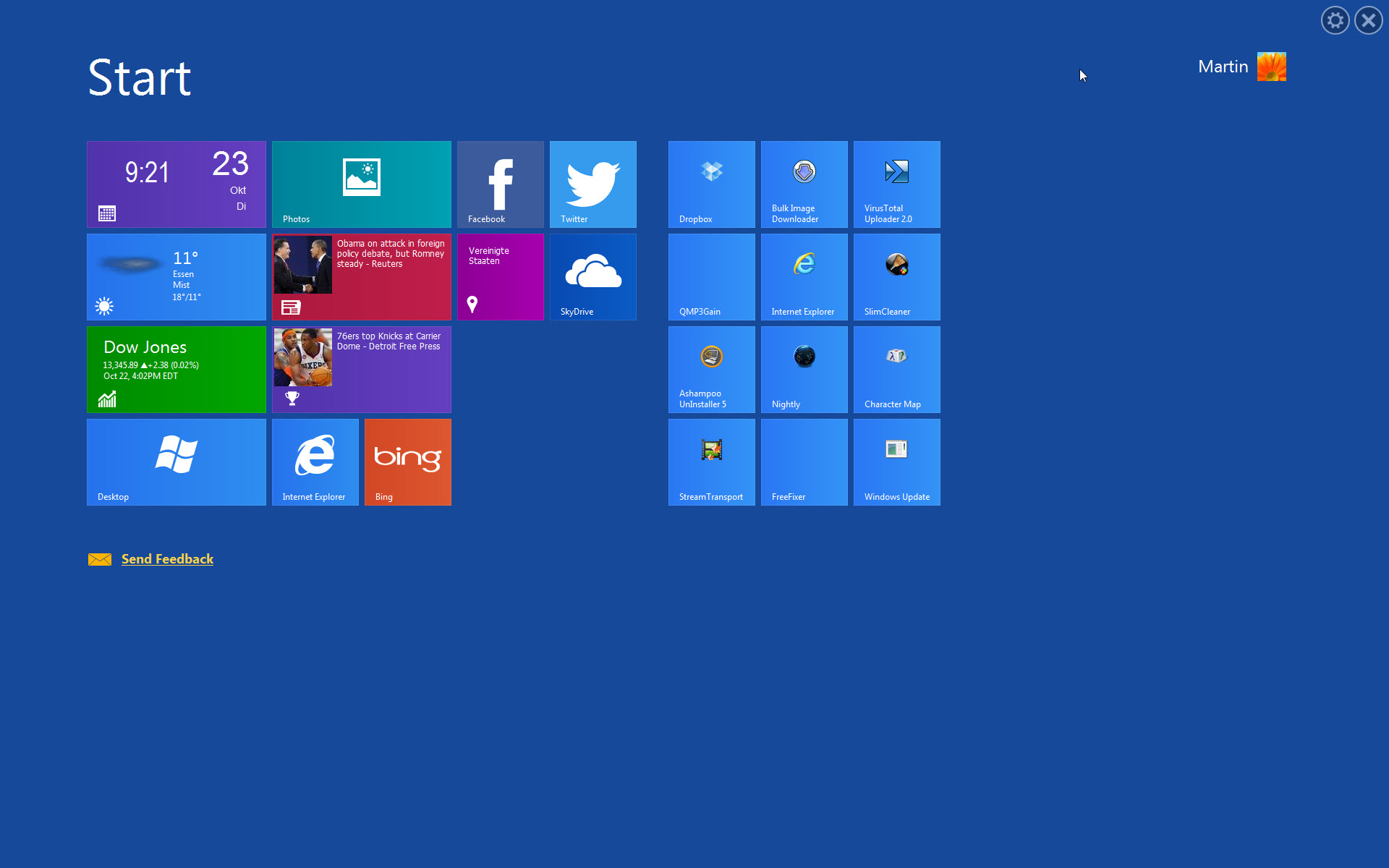
Get a taste of Windows 8 with WinMetro [mini-review]
Windows 8 is a highly controversial operating system and a big gamble for Microsoft that can largely be attributed to the new Start screen interface that the company introduces in it. The Start screen is not just a program launcher like the Windows Start menu was, as it is also the location where apps are run in. Apps, of which some come pre-installed with Windows 8 and others can be installed from the Windows Store, run in full screen on the interface. However, you can add your own shortcuts to the Start screen page, to open documents or desktop programs quickly from here.
If you like Windows 8's start screen but want to keep on using a previous version of the Windows operating system instead, you may be interested in a new beta program that IOBit just released. WinMetro basically adds a Start screen-like interface to versions of Windows that do not ship with it. The program is compatible with 32-bit and 64-bit versions of Windows XP, Vista and Windows 7.
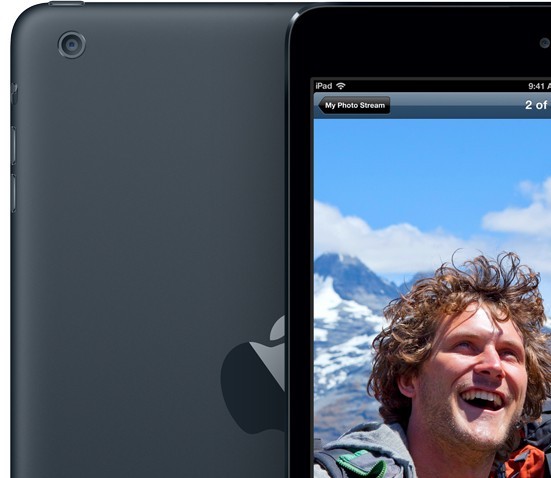
iPad mini is too big for Apple
"Don't upset the apple cart" takes on new meaning for the company Steve Jobs cofounded. Supply chain simplicity defined his leadership, starting with the many products axed after he took the interim CEO title in early 1997. While complexity creeped into some product lines over the years, mainly iPod, Apple followed a streamline approach. Until today. Tim Cook oversees a suddenly complex tablet lineup, following iPad mini's introduction early this afternoon.
Before today's event, Apple offered eight different iPad configurations -- that's without separately counting carrier-specific LTE models. The mini, which goes on sale November 2, brings the number to 14. It's a crowded lineup, with overlapping features and prices not seen from Apple since the early- to mid-1990s. Something else: Apple chose to price higher than what BetaNews surveys show people want to spend on a tablet, particularly in the mini's size class, and too close to other models, risking some sales cannibalization -- or worse, none at all, if customer confusion hurts sales.

This is how IBM intimidates employees
I struck a chord with my recent column on H-1B visa abuse, so soon follow up with an enormous post that tries to explain the underlying issues. But before then here’s something I came across that doesn’t quite fit that theme but was too interesting to let pass unnoticed -- how companies like IBM intimidate employees and discourage them from speaking up.
A few years ago there was a class action lawsuit against IBM. Thirty-two thousand server administrators were being forced to work overtime without extra pay. IBM lost the suit and paid a $65 million settlement. That’s just over $2,000 per affected employee before the lawyers took their share. Then IBM gave all those workers a 15 percent pay cut with the justification they’d get it back in overtime pay. Next IBM restricted the workers to 40 hour weeks so there would be no overtime.

'Chief Digital Officer' is the next hot executive title, says Gartner
For the last couple of years, there has been an increase in corporate executives being assigned to a post known as Chief Digital Officer. At the Gartner Symposium/iTxpo 2012 on Monday, market research company Gartner predicted that by 2015, as much as 25 percent of all organizations will have a Chief Digital Officer in their executive staff.
The first decade of the 2000's saw a dramatic rise in two technology-centric executive offices: the Chief Information Officer (CIO) and the Chief Technology Officer (CTO). Depending upon the environment in which they work, these executives do different things. Generally speaking, however, a CIO is the head honcho of information systems and IT, and a CTO is an individual chosen to bring broader technological vision, direction and management to a company or government, sometimes outside of the realm of what could be considered IT.

Tech companies pay next to no tax in United Kingdom
Despite making huge sums of money in the United Kingdom, many of the major tech companies based there pay surprisingly little tax. Exactly how little has only just started to come to light, thanks to investigations by several national newspapers.
The latest company to be exposed for paying a pittance in UK tax is eBay which, according to the Sunday Times newspaper, paid just £1.2m in 2010, despite its UK subsidiaries generating sales of close to £800m, and making an estimated profit of £181m.
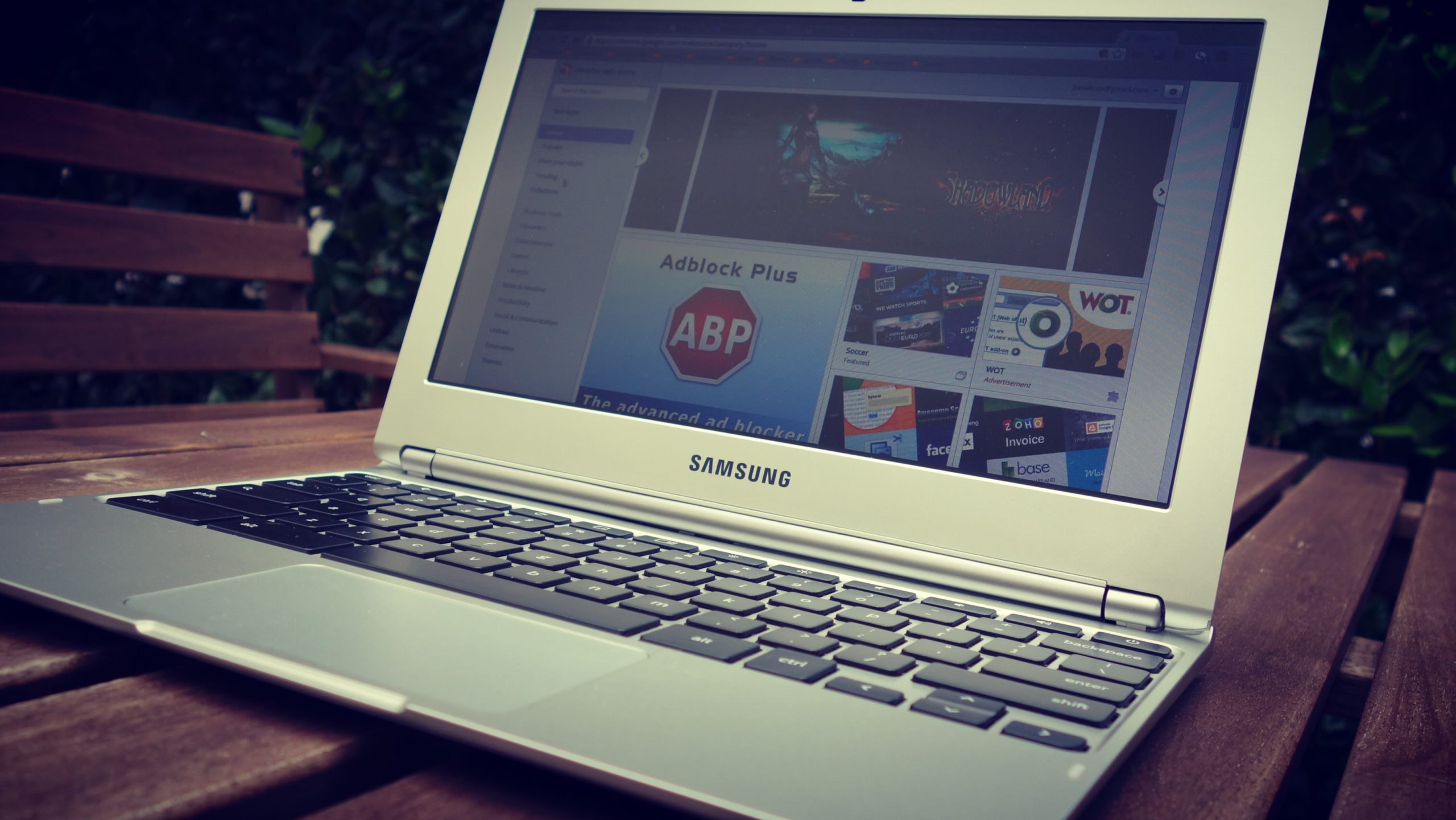
Google's $249 ARM Chromebook isn't 'for everyone', but could be for you [first-impressions review]
This week, Google will demonstrate real commitment to Chromebook, by bringing to market a lower-cost model with refined Chrome OS and package primed for mass-market buyers. Until retailers started taking preorders on October 18, the current generation Chromebook, Samsung Series 5 550, sold for $449 and its predecessor for $329. The newest model's $249 price is devastatingly appealing -- all but irresistible. It's almost a no-brainer "yes", particularly for most anyone wanting Apple MacBook Air's svelte size and empowering ergonomics without the hefty price tag.
But there's more here tempting than selling price. Chrome OS has reached near mass-market usability, supported by cloud apps and services that will be good enough for most people. Google even provides Chrome Remote Desktop (beta) for accessing other computers. That's right, you can connect to Macs or Windows PCs, run applications and get to data. While PC marketers and geeks focus on faster and bigger, real world performance is more measure of what you need than what they offer. The new Chromebook needs to pass the "good enough" test, and does so in many ways.
